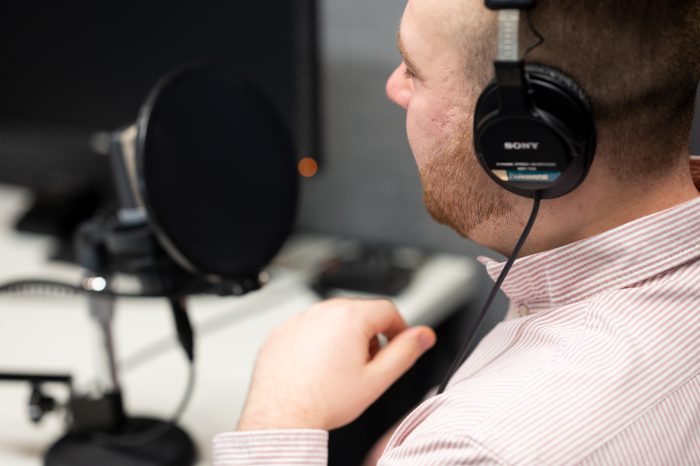Written by James MacLeod, Co-Founder and COO at BeyondWords
As synthetic speech adoption grows, so do the opportunities for voice actors. Companies want Artificial Intelligence (AI) voices that truly resonate with their audience. Voices that are unique, realistic, and engaging.
In this article
But voice actors are understandably wary of lending their voice to synthetic speech.
Not only does the industry seem to threaten their livelihood (Will companies use AI voices instead of hiring me? How do I prevent my voice clone from being used inappropriately?), but there is little regulation in place.
This has led to a number of ethically questionable and objectionable cases. Perhaps most notably, TikTok used voice actor Bev Standing’s voice in its text-to-speech feature without her permission — and without paying her a penny in royalties.
But it is possible to negotiate good deals that will earn you passive income from your voice clone without signing away your voice IP.
As Standing’s legal representative, Robert J. Sciglimpaglia, wrote, it’s about being able to recognise the “good AI jobs” from the “potentially career-injuring ones”.
Protecting your voice IP
Voice AI is a rapidly evolving industry. This means there’s a lack of information and standardization, which makes it difficult for voice actors to advocate for themselves.
BeyondWords wanted to change that. So they partnered with the Open Voice Network, a global, open-source community and part of the Linux Foundation, whose goal is to build voice technology worthy of user trust.
In collaboration with voice actors and lawyers, we developed the Voice Services Agreement Template (VSAT). This provides a framework to facilitate fair contracting between voice actors and companies adopting AI voice clones.
The comprehensive template addresses the contractual areas of concern to both parties. There are editable clauses for IP assignment, one-off and usage-based royalty payments, voice recording protections, voice modeling restrictions, exclusivity, specific voice model uses, and changes of control.
This means that you can create and license your AI voice on your terms.
As voice actor Jodi Krangle said: “Synthetic voices are already here. We can bury our heads in the sand, or we can come up with ways for it to benefit everyone.”

Interested in licensing your AI voice?
BeyondWords is on a mission to offer the best AI voices on the market by building fair partnerships with voice actors.
If you’d like to learn more about the voice cloning process and listen to a demo, check out our guide to creating and licensing your AI voice.

Leave a Reply